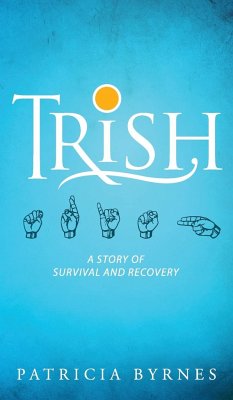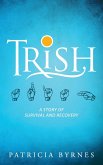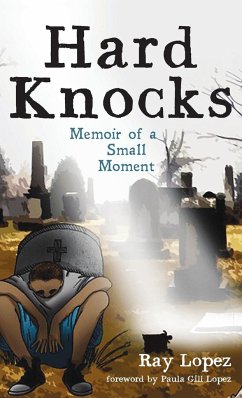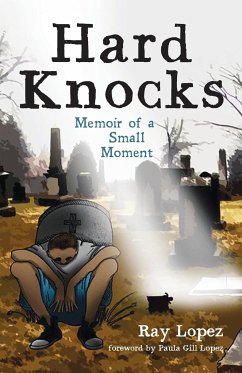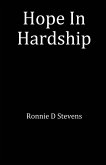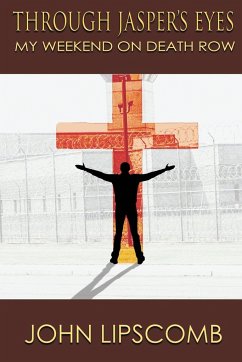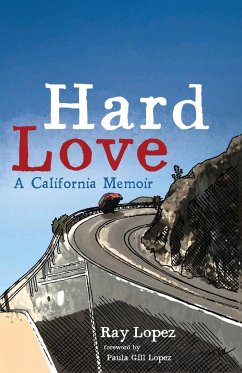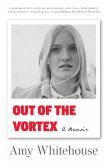Patricia Byrnes's life began with being reared by deaf parents during an era when the deaf community was shunned rather than supported. Poverty, alcoholism, incest and poor parenting were the underpinnings of Patricia's life, leading to her own issues with alcohol. Eventually, with a 12-step recovery program, her life became a powerful, positive example to others. Her story is also a roadmap for change, and that was no easy task: the transition from self-loathing - the nemesis of the human experience - to self-love was painful but one that had to be taken in order to not only survive, but to also, finally, appreciate the gift she is and was created to share with others. Change is always possible… change is necessary. "The author is a powerful example, demonstrating that a person can suffer from poverty, abuse, addiction, divorce and so much more and not only survive, but use adversity as a vehicle for growth, compassion and wisdom." -- MIGNON LAWLESS, Ph.D. "What a brave and strong woman you are! You have spoken your truth, pure and unadulterated. I am truly humbled by your straightforward portrayal of such an incredible and painfully difficult life's journey. You have reached the place of forgiveness and understanding against all odds. May God continue to hold you close to His loving and merciful heart!" -- JEANNEMARIE BAKER, R.N. "Read TRISH not to look into Byrnes's struggles at a distance, but to take personally what the human spirit can do with whatever it is given. That is a blessed assurance that whatever challenges we face in our lives, we too can survive and overcome." -- SAMUEL DEIBLER, B.A., B.D. "TRISH is a story of love, loss and longing told through the eyes of a girl who was forced into womanhood too early and a woman who somehow managed to retain the innocence of a girl. The impact of this beautiful book will linger long after you've turned the last page. Prepare to be changed." -- DARALYSE LYONS, author, speaker, coach From the Reflections of America series Modern HIstory Press www.ModernHIstoryPress.com
Hinweis: Dieser Artikel kann nur an eine deutsche Lieferadresse ausgeliefert werden.
Hinweis: Dieser Artikel kann nur an eine deutsche Lieferadresse ausgeliefert werden.

